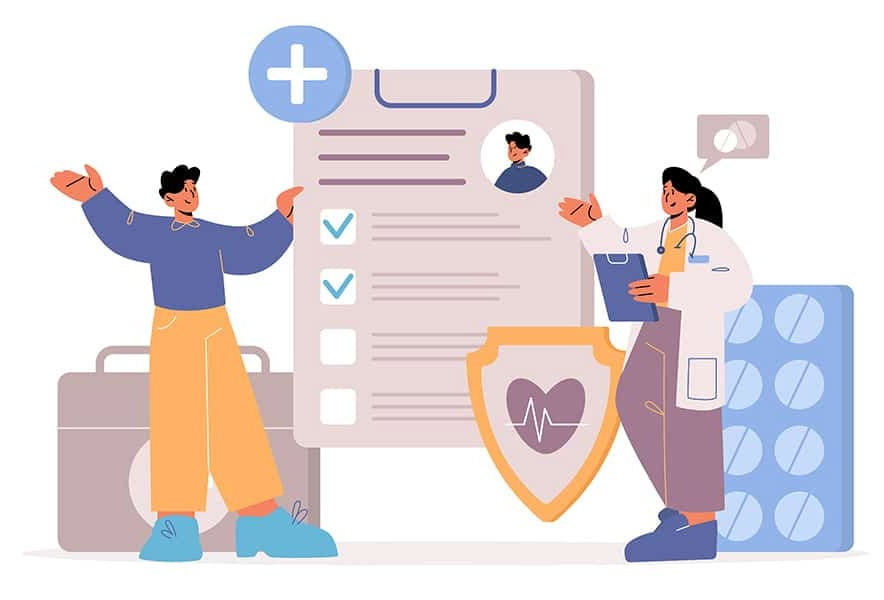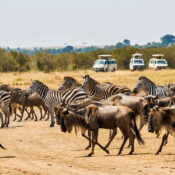Health Information

Health Information
It is advisable to travel with a small medical kit that includes any basic remedies you may need, such as antacids, painkillers, anti-histamines and cold remedies. You will also need anti-diarrhoeal medication such as Imodium (adults only); and oral rehydration sachets such as Electrolade, especially if travelling with children…
Vaccines commonly recommended for travellers to Africa include those against;
- Tetanus
- Diphtheria
- Polio
- Typhoid
- Hepatitis A
- Hepatitis B
- Yellow fever*
- Rabies
- Meningitis
* Certificate required for entry into, or travel between, some African countries. Several of these vaccines require more than one dose, or take time to become effective. It is always best to seek advice on immunisation well in advance, if possible around 6 weeks before departure.
What to Pack – It is advisable to travel with a small medical kit that includes any basic remedies you may need, such as antacids, painkillers, anti-histamines and cold remedies. You will also need anti-diarrhoeal medication such as Imodium (adults only); and oral rehydration sachets such as Electrolade, especially if travelling with children.
Also include first aid items such as Band-Aids, antiseptic and dressings. It may be worth asking your doctor to prescribe a broad spectrum antibiotic, suitable for treating dysentery or severe infections. Take along scissors, tweezers, and thermometer, lip salve, sun block, water purification tablets or drops, as well as your preferred brands of toiletries and cosmetics. If you wear spectacles or contact lenses, take spares. Also take a torch and a pocket knife.
Malaria – Malaria is a disease spread by mosquitoes that bite mainly at dusk and at night. Every traveller to Africa needs reliable, up to date advice on the risks at his or her own destination. Prevention consists of using effective protection against bites, plus taking anti-malarial medication. The most suitable choice of medication depends on many individual factors, and travellers need careful, professional advice about the advantages and disadvantages of each option.
Whatever your choice, you must take an anti malarial drug if you are visiting a malarial region, and you must continue taking the drug for the necessary period after your return; you must also take precautions to reduce the number of insect bites. Visitors to malarial areas are at much greater risk than local people and long term expatriates – from malaria as from several other diseases: do not change or discontinue your malaria medication other than on skilled professional advice. Travellers to very remote places should also consider taking stand-by malaria treatment, for use in an emergency.
The Flying Doctor Service – In many parts of Africa access to adequate health care can mean long, tortuous journeys by road. The Flying Doctor Service operated by AMREF not only provides outreach and emergency care to local communities in remote regions, it also provides a medical air evacuation service to tourists.
By joining the Flying Doctors’ Society you can help the service reach the people who need it most and also ensure a free emergency evacuation flight for yourself should the worst happen on your travels.









